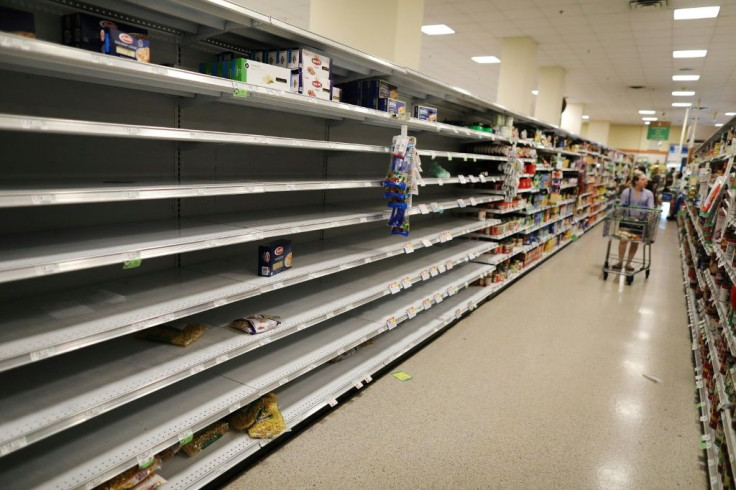US Retail News: Record Number Of Permanent Closures Expected In 2020 Due To Coronavirus Economy

The coronavirus pandemic has wreaked havoc on economies across the world and could have a historic impact on U.S. businesses. According to a report released Tuesday by Coresight Research, up to 25,000 retail stores in the country could potentially close for good by the end of 2020.
“Retailers that were struggling to stay in business pre-crisis are unlikely to have the wherewithal to stay the course on the road to recovery,” Coresight’s report said.
The report comes as nationwide pandemic lockdowns have accelerated consumer dependence on online shopping. Clothing and department stores look to be the most heavily affected sectors, with the likes of Pier 1 Imports, JCPenney, and Tuesday Morning already declaring bankruptcy.
The previous record for permanent closures was set in 2019 with 9,302. Problems for retail could see 2020 beating that number, with 4,005 stores already closed for good as of June.
Malls are also expected to heavily impacted by shutdowns, with 55-60% of the closures predicted to be from malls. These institutions were already struggling in the modern economy, and the potential loss of large anchor stores would accelerate their decline, even if certain contractual clauses allow other tenants to pay cheaper rent with these major outlets gone.
With 150,000 layoffs so far this year, the retail industry has also seen the second-highest job-loss numbers due to the pandemic, behind only the entertainment industry.
"We believe the economic shutdown and lingering social distancing behaviors will trigger a broad shakeout of retail as the industry will be forced to meaningfully reduce its physical footprint and rapidly evolve to reach the post-pandemic consumer," S&P credit analyst Sarah Wyeth wrote in a research note in early May. "In particular, if there were any doubts about the eventual demise of many American malls, the impact of the pandemic will likely dispel them."
© Copyright IBTimes 2025. All rights reserved.




















